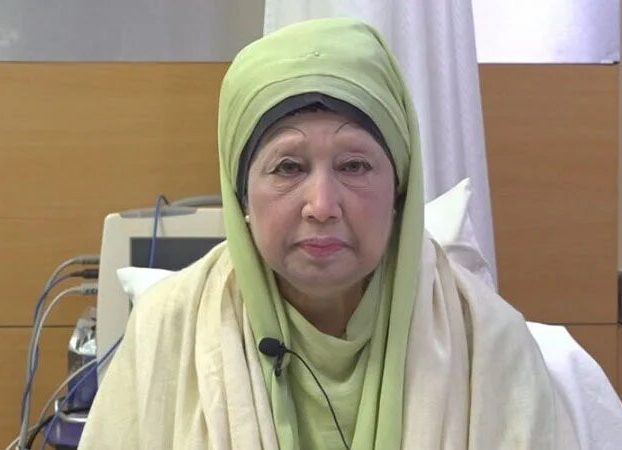
The Government of Bangladesh has given judicial powers to the commissioned officers of the army throughout the country. This information was disclosed in a notification of the Ministry of Public Administration on Tuesday (September 17). For the next 60 days, i.e. two months, army officers can conduct mobile courts and punish criminals. This is a move that is being seen as a regulatory move by the government in view of the recent volatile situation.
This power has been conferred on the Army under Sections 12(1) and 17 of the Code of Criminal Procedure, 1898, the notification said. Under this judicial power, army officers will be able to operate mobile courts, where they will be able to try and punish criminals on the spot.
On receiving the order, director of Inter-Services Public Relations (ISPR) Lt Col Sami Ud Daula Chowdhury said, “We have been given this instruction, and we will act accordingly.” He also emphasized the need for everyone’s cooperation and said that the collective support of the people is very important in implementing this order.
The devolution of judicial powers to the army has been undertaken primarily for the purpose of taking swift and effective action in special circumstances. The order came into effect from Tuesday and will remain in force for the next 60 days, i.e. two months.
The notification also states that army officers can exercise their judicial powers under several sections of the Criminal Procedure Code, 1898. These sections are particularly effective in crime prevention and public order. Some of the notable sections under which the army officers can exercise judicial powers are as follows:
Section 64: If any offense is committed in the presence of a Magistrate, he may arrest the offender himself or order his arrest. Besides, it also has the power to remand the offender in custody or grant conditional bail.
Section 65: Any Magistrate who may issue a warrant of arrest or detention may at the same time issue a search warrant.
Section 100: Magistrate can issue search warrant for search or release of illegally detained person. If he believes that any person is illegally detained, he may order the detained person to be searched and produced immediately before the Magistrate.
Section 107: If any person commits a breach of the peace or disturbs public order, the Magistrate may commit such person to bond for one year. This section plays an important role in maintaining public order.
In addition, army officers can also invoke other sections of the Criminal Procedure Code 1898, including sections 83, 84, 95(2), 105, 109, 110, 126, 127, 128, 130, 133 and 142. These sections are considered effective for the suppression of various crimes and maintenance of law and order.
A decision was taken to deploy the army across the country on the night of July 19 and a curfew was imposed on the night of July 19, when massive agitation by students and public was going on demanding quota reform in government jobs. Awami League government fell on August 5 during the uprising of students and common people in the country. Three days later, on August 8, the Nobel Peace Prize winning economist Dr. An interim government was formed under the leadership of Muhammad Yunus. Under this new government several steps were taken to stabilize the country.
In the current situation, the army is still deployed across the country and is playing an important role in maintaining peace and order. The decision to grant judicial powers to the army through the new order is being considered as an effective step to control crime and maintain law and order in the prevailing situation.
As a result of this move by the government, the army officials will be able to directly conduct mobile courts and take speedy action against criminals. Mobile court is a system where the trial process can be done quickly on the spot. It plays a special role in crime prevention. In the present situation, this power given to the army is mainly for the purpose of quick and effective punishment.
The deployment of the army was an urgent step in view of the recent violent situations and agitations, and now giving them judicial powers will be more helpful in maintaining peace and order in the country.
According to the government notification, this power of the army will remain in force for the next 60 days and during this period they will play an important role in fighting crime. It is expected that this order will be helpful in re-establishing security and order in the country by coordinating the army and law enforcement forces.

 Reporter Name
Reporter Name 

















